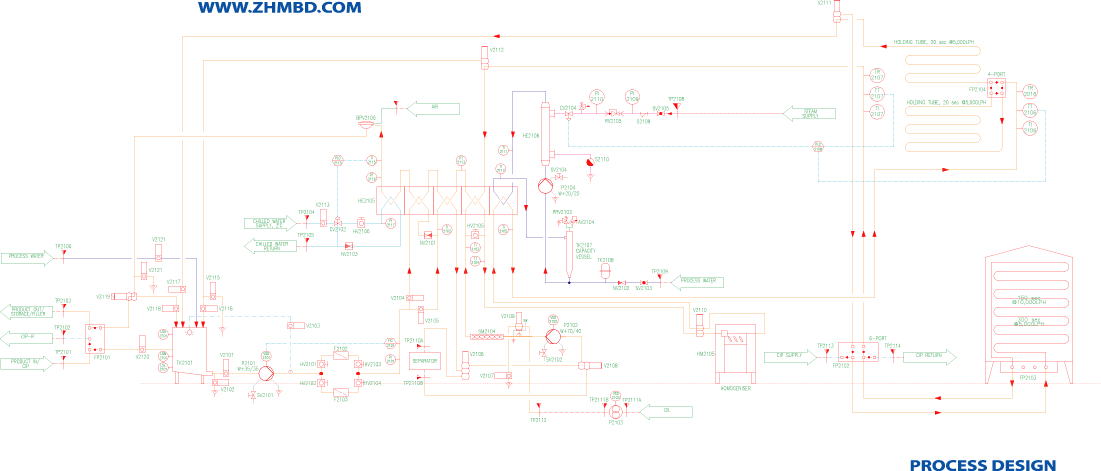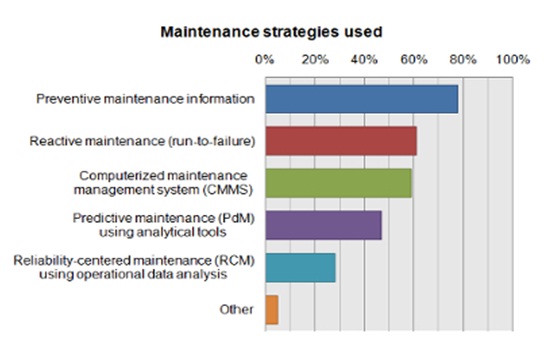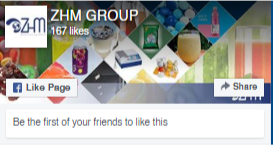When a service is completed, the customer is not left with a tangible product but rather with feelings – satisfaction, frustration, disappointment, anger and so on.
The unique selling proposition is shifting from care product feature to value-added services accompanying the product. There may be a few exceptions where the state-of-the-art technology could be offered as an unique preposition to the customers. Competitors would soon catch up on the technology.
Hence the ‘pioneer’ company, which launched a product innovation, has to depend on the service factor when the ‘followers’ are in hot pursuit in dynamic markets. Whether the individual organisation is selling CNC lathes, machines tools, braking system or tyres, there is scope to improve the service factor on several dimensions apart from the product promise.
In this era of marketing where differentiation is hard to achieve, the service factor may be the deciding factor in the minds of the customers.
Industrial marketing theory and practice developed initially was in connection with physical products. Yet service over the years has gained tremendous potential as a marketing weapon or tool. Providing services by the industrial marketing team involves time and effort on behalf of the organisation. Hence the organisations have to plan the service strategy well ahead in order to delight the customers and at the same time not erode the bottom line of the company.
In fact, one of the primary differences between a consumer product and an industrial product is that the service component is more in the latter and hence cannot be overlooked.
Last year ITC foods division, based in Bangalore became more active in the branded packaged foods market. The suppliers to this division are the farmers who grow agricultural products. The company examined a network distribution service for the farmers – a two-way sourcing and distribution system for them in remote villages. This is a computer network service called ‘E-chaupal for the farmers to know the market price and sell their products to ITC.
In industrial marketing, there are two ways in which services are provided to their customers:
1) Guarantees, warranty and after sales services which is standardized for all customers and
(2) Technical assistance, improvement in new product development etc. which depends on the type of customers.
1. Guarantee, Warrantee and After Sales Services:
All industrial marketers are legally responsible for fulfilling a buyer’s normal or reasonable expectations.

Many industrial marketers go further and offer guarantees, general assurance that the product can be returned if its performance is unsatisfactory. For example Acer offers a guarantee of 97% uptime for its servers. Guarantees work best when the terms are clearly stated without loopholes. The customer should find them easy to act upon and the company’s redress should be swift. Otherwise it will lead to customers being dissatisfied.
Guarantees are most effective in two situations. The first is where the company and/or the product is not well known. The second situation is where the product’s quality is superior to competition. For example, IBM Think Pad Laptops. Here the company can gain by guaranteeing superior performance because it knows that competitors cannot offer the same guarantee.
Apart from guarantees and warranties, industrial marketers are turning more towards after sales service support. Large organizations have either outsourced this operation or have a separate department called the customer service department. This department ensures that the relevant personnel are contacted in the organisation and service provided or at times technical people capable of handling the services are recruited.
2. Technical Assistance and Involvement:
As discussed earlier in the industrial market, service now serves as a tool for differentiating the product offering. When a customer goes in for a new product development, it requires the assistance of key supplies.
Before Hero Honda launched Ambition, a 130 CC bike, it had the complete support of its suppliers. The piston, rings, blocks etc. have been sourced from Indian suppliers. They provided support to Hero Honda and worked with them to make sure that the materials that went into the manufacture of these components would reduce friction to a minimum. The industrial suppliers work with the customers much before the product is launched and this forms a part of the service they provide.
These types of services that they provide are non-standardised since it differs from customer to customer.
For example, Pidilite Industries are the makers of the Fevicol brand of adhesive whose customers are the carpenters. The sales force approach them directly, not only to market the product but also to provide technical tips. ‘Fevicraft’ is a bi-monthly magazine which displays various furniture designs to help the carpenters. This is just a service to keep in touch with the customers. Such services are also termed as non-standardised.
Some organisations provide such services on a continuous basis without any change to the customer but to maintain a relationship or to differentiate their product offerings. There are instances where companies try to make more money on the services they provide. Auto dealers today make most of their profit financing, insurance and repair services, as compared to selling automobiles.
Here are some ways in which manufacturers can create service business:
(1) Repackaging:
Its product into a system solution rather than just selling only its products, the industrial firm can enable these products into service programmes that meet more of the customer’s needs. Thus, a service-minded fertiliser company can offer to customise the fertilizer for each individual farm and even spread the fertiliser with its own equipment.
(2) Offering to manage other companies physical facilities:
A major growth area is contract management of such facilities as buildings, corporate houses, data processing centres and so on. A real estate or a corporate construction company can now offer to maintain the buildings, built to house small and large corporate houses. The maintaining of the front grass facade, the lightings, air-conditioners etc. maintenance, the beautification of the interiors of the offices are all taken care of by such an enterprise on a contract basis for profit.
(3) Selling financial services:
Equipment companies often discover that they can profit from financing the customer’s purchases. TVS group of companies have under them many companies manufacturing auto components and parts. Today they have ‘Sundaram Finance’, a finance wing selling financial services.
(4) Moving into distribution services:
Manufacturers can own and operate retail outlets for their products. Gokuldas is essentially a clothing manufacturer. They now operate a series of clothes chains called ‘Weekender’. Many manufacturers also have opened factory outlets like KSDL (Karnataka Soaps and Detergents Limited), Mysore Lamps had opened an outlet though within factory premises.











































